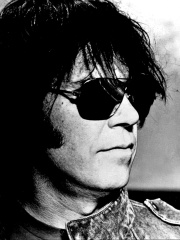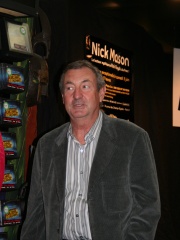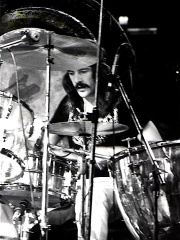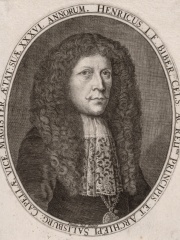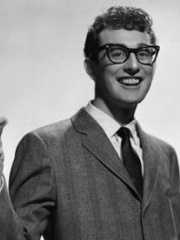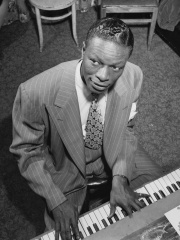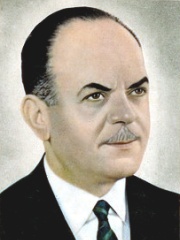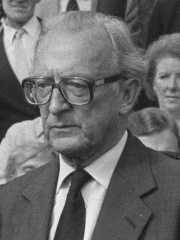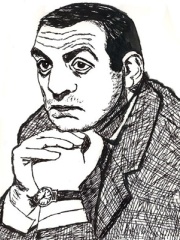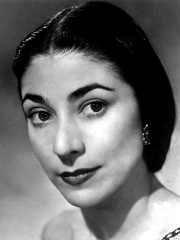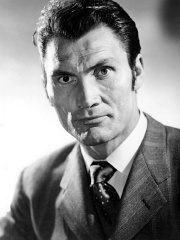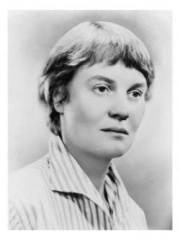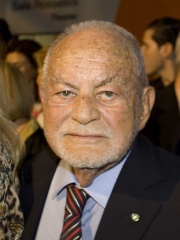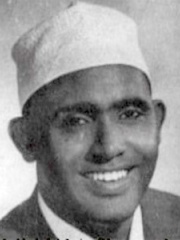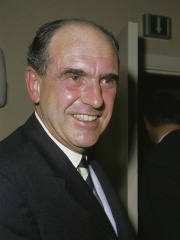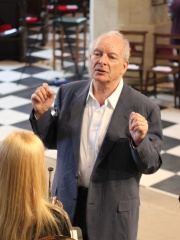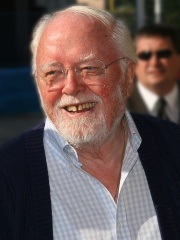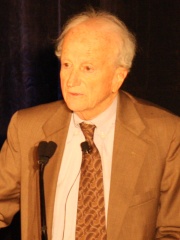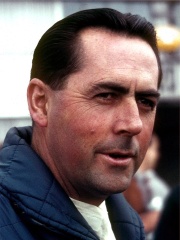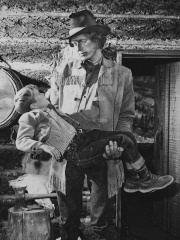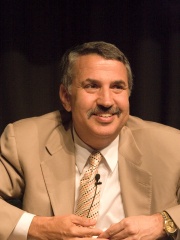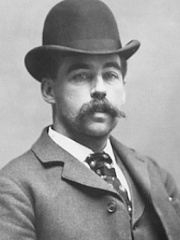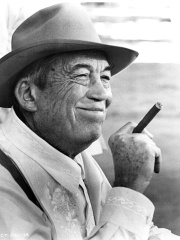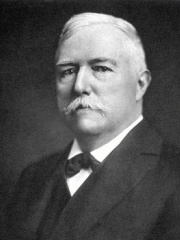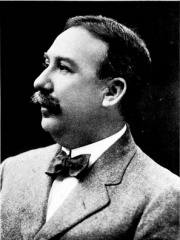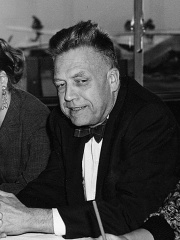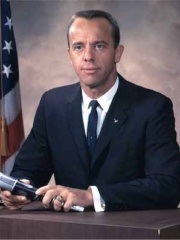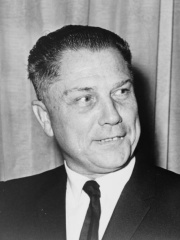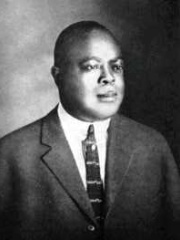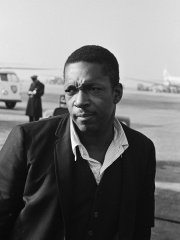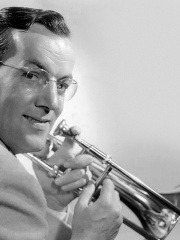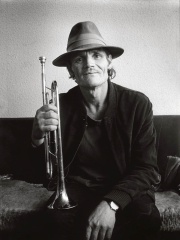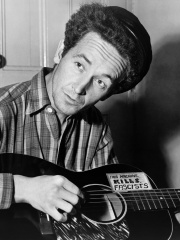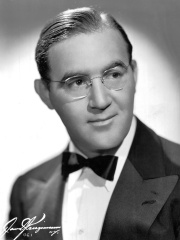Musician
Pete Seeger
1919 - 2014
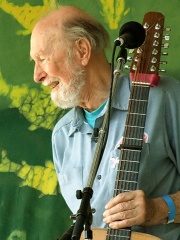
 Pete Seeger
Pete Seeger
Peter Seeger (May 3, 1919 – January 27, 2014) was an American singer, songwriter, musician, and left-wing social activist. He was a fixture on nationwide radio in the 1940s and had a string of hit records in the early 1950s as a member of The Weavers, especially their recording of Lead Belly's "Goodnight, Irene", which topped the charts for 13 weeks in 1950. Members of the Weavers were blacklisted during the McCarthy Era. In the 1960s, Seeger re-emerged on the public scene as a prominent singer of protest music in support of international disarmament, civil rights, workers' rights, counterculture, environmental causes, and ending the Vietnam War. Read more on Wikipedia
His biography is available in 81 different languages on Wikipedia (up from 79 in 2024). Pete Seeger is the 137th most popular musician (up from 221st in 2024), the 916th most popular biography from United States (up from 1,240th in 2019) and the 42nd most popular American Musician.
Pete Seeger is most famous for his work with the Almanac Singers, the Weavers, and as a solo artist. He has written or co-written "If I Had a Hammer", "Turn! Turn! Turn!", "Where Have All the Flowers Gone?", "Kisses Sweeter Than Wine", "Where Have All the Flowers Gone?", "Turn! Turn! Turn!", "If I Had a Hammer", "Where Have All the Flowers Gone?", "Where Have All the Flowers Gone?", "Turn! Turn! Turn!", "If I Had a Hammer", "We Shall Overcome", "Where Have All the Flowers Gone?", "Where Have All the Flowers Gone?", "Where Have All the Flowers Gone?", "Kisses Sweeter Than Wine", "Kisses Sweeter Than Wine", "We Shall Overcome", "If I Had a Hammer", "If I Had a Hammer", "We Shall Overcome", "If I Had a Hammer", "We Shall Overcome", "Kisses Sweeter Than Wine", "Kisses Sweeter Than Wine", "We Shall Overcome", "Kisses Sweeter Than Wine", "We Shall Overcome", "Kisses Sweeter Than Wine", "We Shall Overcome", "Kisses Sweeter Than Wine", "Kisses Sweeter Than Wine", "We Shall Overcome", "We Shall Overcome", "We Shall Overcome", "We Shall Overcome", "We Shall Overcome", "We Shall Overcome", "We Shall Overcome", "We Shall Overcome", "We Shall Overcome", "We Shall Overcome", "We Shall Overcome", "We Shall Overcome".
Memorability Metrics
Page views of Pete Seeger by language
Among Musicians
Among musicians, Pete Seeger ranks 137 out of 3,175. Before him are Neil Young, Nick Mason, Angus Young, Chris Isaak, John Bonham, and John Dowland. After him are Heinrich Ignaz Franz Biber, Buddy Holly, Nat King Cole, Hank Marvin, Barry Gibb, and Frank Farian.
Most Popular Musicians in Wikipedia
Go to all RankingsNeil Young
1945 - Present
HPI: 70.82
Rank: 131
Nick Mason
1944 - Present
HPI: 70.76
Rank: 132
Angus Young
1955 - Present
HPI: 70.75
Rank: 133
Chris Isaak
1956 - Present
HPI: 70.67
Rank: 134
John Bonham
1948 - 1980
HPI: 70.66
Rank: 135
John Dowland
1563 - 1626
HPI: 70.65
Rank: 136
Pete Seeger
1919 - 2014
HPI: 70.60
Rank: 137
Heinrich Ignaz Franz Biber
1644 - 1704
HPI: 70.59
Rank: 138
Buddy Holly
1936 - 1959
HPI: 70.51
Rank: 139
Nat King Cole
1919 - 1965
HPI: 70.50
Rank: 140
Hank Marvin
1941 - Present
HPI: 70.50
Rank: 141
Barry Gibb
1946 - Present
HPI: 70.48
Rank: 142
Frank Farian
1941 - 2024
HPI: 70.40
Rank: 143
Contemporaries
Among people born in 1919, Pete Seeger ranks 29. Before him are Georgios Papadopoulos, Peter Carington, 6th Baron Carrington, Lino Ventura, Margot Fonteyn, Jack Palance, and Donald Pleasence. After him are Nat King Cole, Iris Murdoch, Donald J. Cram, Dino De Laurentiis, Abdirashid Shermarke, and Andreas Papandreou. Among people deceased in 2014, Pete Seeger ranks 32. Before him are Christopher Hogwood, Maya Angelou, Richard Attenborough, Gary Becker, Jack Brabham, and Bob Hoskins. After him are Lorin Maazel, Harold Ramis, Adolfo Suárez, H. R. Giger, Richard Kiel, and Masaru Emoto.
Others Born in 1919
Go to all RankingsGeorgios Papadopoulos
POLITICIAN
1919 - 1999
HPI: 71.63
Rank: 23
Peter Carington, 6th Baron Carrington
POLITICIAN
1919 - 2018
HPI: 71.29
Rank: 24
Lino Ventura
ACTOR
1919 - 1987
HPI: 71.22
Rank: 25
Margot Fonteyn
DANCER
1919 - 1991
HPI: 71.10
Rank: 26
Jack Palance
ACTOR
1919 - 2006
HPI: 70.82
Rank: 27
Donald Pleasence
ACTOR
1919 - 1995
HPI: 70.69
Rank: 28
Pete Seeger
MUSICIAN
1919 - 2014
HPI: 70.60
Rank: 29
Nat King Cole
MUSICIAN
1919 - 1965
HPI: 70.50
Rank: 30
Iris Murdoch
WRITER
1919 - 1999
HPI: 70.25
Rank: 31
Donald J. Cram
CHEMIST
1919 - 2001
HPI: 69.70
Rank: 32
Dino De Laurentiis
PRODUCER
1919 - 2010
HPI: 69.11
Rank: 33
Abdirashid Shermarke
POLITICIAN
1919 - 1969
HPI: 69.06
Rank: 34
Andreas Papandreou
POLITICIAN
1919 - 1996
HPI: 68.96
Rank: 35
Others Deceased in 2014
Go to all RankingsChristopher Hogwood
COMPOSER
1941 - 2014
HPI: 71.94
Rank: 26
Maya Angelou
WRITER
1928 - 2014
HPI: 71.87
Rank: 27
Richard Attenborough
FILM DIRECTOR
1923 - 2014
HPI: 71.07
Rank: 28
Gary Becker
ECONOMIST
1930 - 2014
HPI: 71.02
Rank: 29
Jack Brabham
RACING DRIVER
1926 - 2014
HPI: 70.87
Rank: 30
Bob Hoskins
ACTOR
1942 - 2014
HPI: 70.73
Rank: 31
Pete Seeger
MUSICIAN
1919 - 2014
HPI: 70.60
Rank: 32
Lorin Maazel
CONDUCTOR
1930 - 2014
HPI: 70.44
Rank: 33
Harold Ramis
ACTOR
1944 - 2014
HPI: 70.04
Rank: 34
Adolfo Suárez
POLITICIAN
1932 - 2014
HPI: 69.96
Rank: 35
H. R. Giger
PAINTER
1940 - 2014
HPI: 69.74
Rank: 36
Richard Kiel
ACTOR
1939 - 2014
HPI: 69.68
Rank: 37
Masaru Emoto
WRITER
1943 - 2014
HPI: 69.41
Rank: 38
In United States
Among people born in United States, Pete Seeger ranks 916 out of 20,380. Before him are Thomas Friedman (1953), H. H. Holmes (1861), John Huston (1906), Edward Emerson Barnard (1857), Farrah Fawcett (1947), and Roy Orbison (1936). After him are Edwin S. Porter (1870), George Cukor (1899), Alfred Kinsey (1894), Billie Jean King (1943), Alan Shepard (1923), and Jimmy Hoffa (1913).
Others born in United States
Go to all RankingsThomas Friedman
WRITER
1953 - Present
HPI: 70.66
Rank: 910
H. H. Holmes
EXTREMIST
1861 - 1896
HPI: 70.65
Rank: 911
John Huston
FILM DIRECTOR
1906 - 1987
HPI: 70.64
Rank: 912
Edward Emerson Barnard
ASTRONOMER
1857 - 1923
HPI: 70.64
Rank: 913
Farrah Fawcett
ACTOR
1947 - 2009
HPI: 70.64
Rank: 914
Roy Orbison
SINGER
1936 - 1988
HPI: 70.61
Rank: 915
Pete Seeger
MUSICIAN
1919 - 2014
HPI: 70.60
Rank: 916
Edwin S. Porter
FILM DIRECTOR
1870 - 1941
HPI: 70.60
Rank: 917
George Cukor
FILM DIRECTOR
1899 - 1983
HPI: 70.58
Rank: 918
Alfred Kinsey
PSYCHOLOGIST
1894 - 1956
HPI: 70.58
Rank: 919
Billie Jean King
TENNIS PLAYER
1943 - Present
HPI: 70.55
Rank: 920
Alan Shepard
ASTRONAUT
1923 - 1998
HPI: 70.55
Rank: 921
Jimmy Hoffa
SOCIAL ACTIVIST
1913 - 1975
HPI: 70.54
Rank: 922
Among Musicians In United States
Among musicians born in United States, Pete Seeger ranks 42. Before him are King Oliver (1881), John Coltrane (1926), Lady Gaga (1986), Cyndi Lauper (1953), Paul Simon (1941), and Chris Isaak (1956). After him are Buddy Holly (1936), Nat King Cole (1919), Glenn Miller (1904), Chet Baker (1929), Woody Guthrie (1912), and Benny Goodman (1909).
King Oliver
1881 - 1938
HPI: 71.18
Rank: 36
John Coltrane
1926 - 1967
HPI: 71.01
Rank: 37
Lady Gaga
1986 - Present
HPI: 71.00
Rank: 38
Cyndi Lauper
1953 - Present
HPI: 70.98
Rank: 39
Paul Simon
1941 - Present
HPI: 70.88
Rank: 40
Chris Isaak
1956 - Present
HPI: 70.67
Rank: 41
Pete Seeger
1919 - 2014
HPI: 70.60
Rank: 42
Buddy Holly
1936 - 1959
HPI: 70.51
Rank: 43
Nat King Cole
1919 - 1965
HPI: 70.50
Rank: 44
Glenn Miller
1904 - 1944
HPI: 70.23
Rank: 45
Chet Baker
1929 - 1988
HPI: 70.21
Rank: 46
Woody Guthrie
1912 - 1967
HPI: 70.19
Rank: 47
Benny Goodman
1909 - 1986
HPI: 70.19
Rank: 48
